NDO - Coming to Vietnam for the first time on December 5, as scheduled, Professor Yoshua Bengio, one of the four scientists who laid the foundation for the development of artificial intelligence (AI) in the world, will directly share the story of AI responsibility with 200 Vietnamese technology experts.
At the event, Vietnamese technology experts will be updated with the latest information on how to control the "survival instinct" of AI systems, suppress the "evil" part of AI from rising, and bring joy and happiness to people in life and work.
Concerned about social impact and the goal of AI benefiting all, he actively contributed to the Montreal Declaration on the Responsible Development of Artificial Intelligence, emphasizing that technological development must go hand in hand with the protection of human rights and the sustainable development of society.
Considered the "father" of deep learning and artificial neural networks, the algorithms that "paved the way" for large language models (LLM) and chatGPT, Professor Yoshua Bengio is one of the most influential people globally in creating the foundation for AI to become a practical technology, widely applied in fields such as natural language processing (NLP), computer vision, machine learning and robotics.
In 1993, he founded the Mila Research Institute, which became a global center for scientific advancement, and has contributed significantly to making Montreal (Canada) a global center for deep learning technology. Mila is not only a research institute, but also an innovative community in the field of AI. The institute has a great influence on the AI scientific community and plays an important role in building global AI standards and development strategies.
Building on the successes of previous generations, and a community of more than 1,300 researchers and over 140 industry partners, Mila experts are working to make a powerful impact across a range of areas, including health, genetics, neuroscience, new materials discovery , climate, and integrating indigenous knowledge into new technology developments.
In 2018, he was awarded the Turing Award, the most prestigious award and considered the Nobel Prize in the field of computer science, awarded to researchers who have made lasting contributions to the field of computer science.
In 2021, he was ranked by Guide2Research as the second most cited computer scientist in the world with an H-Index (an index that evaluates the influence of a scientist based on the number of publications and the number of citations to those publications) of 182. Scientists with an H-Index of 60 or higher are considered geniuses.
He is currently working with the Mila AI Research Institute to cooperate with international universities and research organizations to train AI scientists and experts, while maintaining strategic partnerships with large technology enterprises, supporting technology transfer and developing applied AI solutions.
In Vietnam, Mila established a strategic partnership with FPT in 2020 to promote research and application of AI technology, especially in the fields of deep learning and machine learning. In 2023, the two sides continued to sign a 3-year cooperation agreement to build an AI strategy and responsibility framework, ensuring ethics in research, development and application of this technology.
Source: https://nhandan.vn/thien-tai-tri-tue-nhan-tao-lan-dau-sang-viet-nam-chia-se-cach-kiem-soat-ban-nang-sinh-ton-cua-ai-post848298.html


![[Photo] General Secretary To Lam attends the conference to review 10 years of implementing Directive No. 05 of the Politburo and evaluate the results of implementing Regulation No. 09 of the Central Public Security Party Committee.](https://vphoto.vietnam.vn/thumb/1200x675/vietnam/resource/IMAGE/2025/5/19/2f44458c655a4403acd7929dbbfa5039)
![[Photo] President Luong Cuong presents the 40-year Party membership badge to Chief of the Office of the President Le Khanh Hai](https://vphoto.vietnam.vn/thumb/1200x675/vietnam/resource/IMAGE/2025/5/19/a22bc55dd7bf4a2ab7e3958d32282c15)
![[Photo] Close-up of Tang Long Bridge, Thu Duc City after repairing rutting](https://vphoto.vietnam.vn/thumb/1200x675/vietnam/resource/IMAGE/2025/5/19/086736d9d11f43198f5bd8d78df9bd41)


![[Photo] Panorama of the Opening Ceremony of the 43rd Nhan Dan Newspaper National Table Tennis Championship](https://vphoto.vietnam.vn/thumb/1200x675/vietnam/resource/IMAGE/2025/5/19/5e22950340b941309280448198bcf1d9)
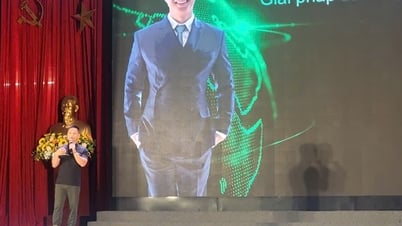

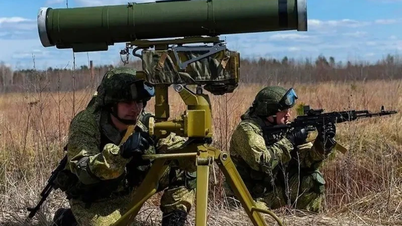

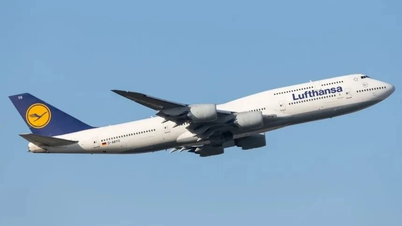







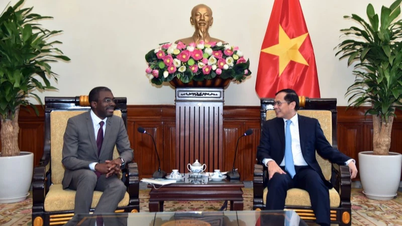
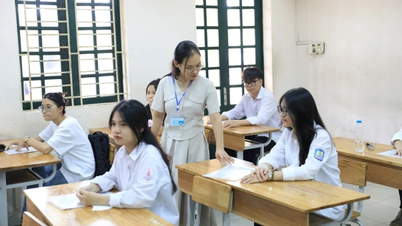
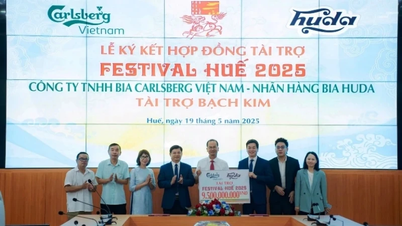
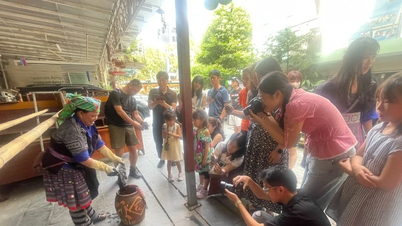
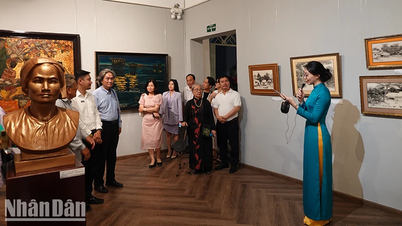
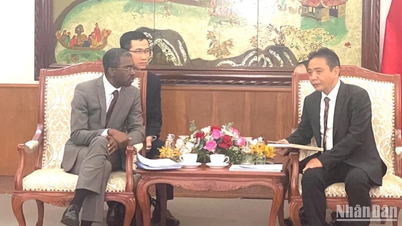
![[Photo] Prime Minister Pham Minh Chinh inspects the progress of the National Exhibition and Fair Center project](https://vphoto.vietnam.vn/thumb/1200x675/vietnam/resource/IMAGE/2025/5/19/35189ac8807140d897ad2b7d2583fbae)




























































![[VIDEO] - Enhancing the value of Quang Nam OCOP products through trade connections](https://vphoto.vietnam.vn/thumb/402x226/vietnam/resource/IMAGE/2025/5/17/5be5b5fff1f14914986fad159097a677)



Comment (0)